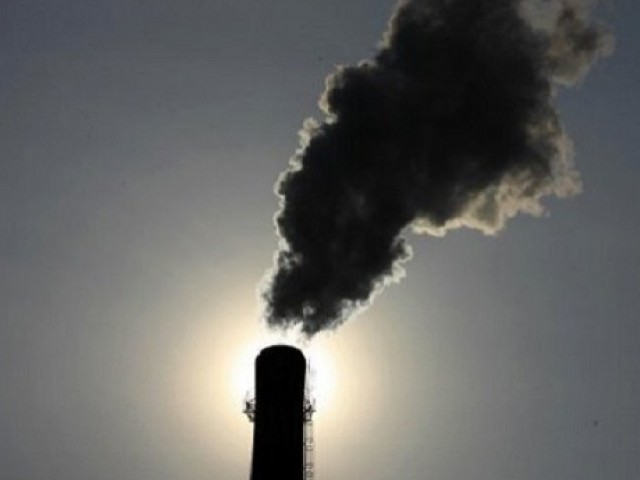
Why developing countries should not reduce their reliance on fossil fuels
In just 24 days in 2022, an average American had produced more carbon than an average Pakistani would produce in the whole year. In just three days, an average Australian emits more carbon dioxide than his counterpart would do in the whole year in Niger. The video gaming industry in the United States (US) consumes more electricity than any country in Africa. Of the total 1.5 trillion tonnes of carbon dioxide released into the atmosphere since the middle of the 18th century, 70 per cent has been produced by the US, China, Europe and Russia, with the US being the largest emitter by far.
These are some of the facts that reflect a wide gap between posturing by the rich countries of the world of being considerate of the environment and the deplorable ground reality.
The richest countries are home to half of the world’s population and emit 86 per cent of the world’s total carbon dioxide emissions. If we are to improve the climate and limit global heating to 1.5 Celsius above pre-industrial levels, carbon emissions have to be curbed and more action is required from the rich and developed countries. Many in the developing world are of the opinion that the global north has already benefited from fossil fuels and now that it has all the means and resources to shift to cleaner energy, it is imposing the same on the global south where people are yet to attain a higher standard of living. Critical energy projects for less economically developed countries are being banned under the garb of environmental conservation.
At the 26th Climate Change Conference of the Parties (COP26) held in 2021, more than 20 countries – including the US and some European nations – pledged to stop foreign fossil fuel financing while giving no indication of curbing their domestic production and expansion. Such two-faced actions do more harm than good: one, by pushing poor countries further to the brink; and two, by making a mockery of environmentalism and snatching away its true spirit and purpose.
In a similar move, China announced last year that it won’t build new coal-fired power plants abroad. China has been the major contributor to Pakistan’s coal-powered energy sector in the recent past. Pakistan has total coal reserves of more than 185 billion tonnes and ranks seventh among the countries with the largest lignite coal reserves. These reserves can ensure sustainable development by keeping the economic and social pillars of sustainability intact through empowerment, improved well-being and availability of opportunities for the present and future generations.
Depriving the developing world of growth and development by curbing the supply of fossil fuels or by halting investments in fossil-generated energy projects will deteriorate beleaguered economies. It is important that the global south be allowed to follow the same path to development as the global north took, that is, by ensuring development through industrialisation, even if it came through the use of fossil fuels. Economic prosperity will, in fact, enable the availability of necessary resources and capital to protect another pillar of sustainability – the environment. This doesn’t mean that development will necessarily come at the expense of the environment. Environmentally-friendly fuel to energy conversion technologies can be used to mitigate harmful environmental impacts. Instead of curbing the funding of fossil-generated energy projects, the richer countries should invest in the use of less harmful methods of energy generation through fossil fuels.
Readily available and economically viable energy options are the need of the hour for many developing countries like Pakistan, without which the achievement of the United Nation’s Sustainable Development Goals (SDGs) will remain a distant dream.


COMMENTS (1)
Comments are moderated and generally will be posted if they are on-topic and not abusive.
For more information, please see our Comments FAQ